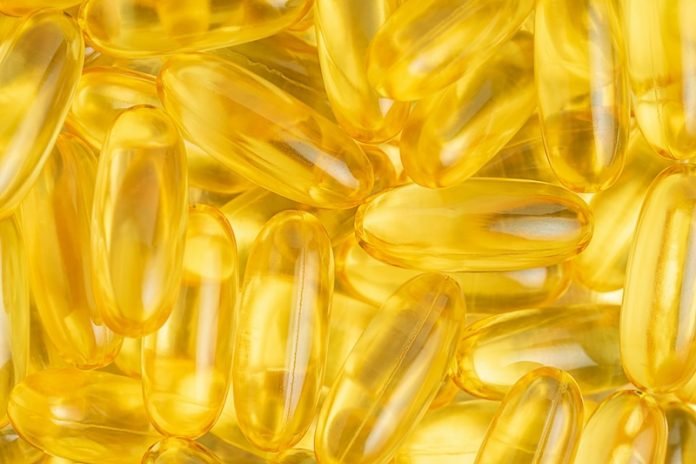
As we get older, taking care of our health becomes even more critical, and one key area to focus on is ensuring we get enough of certain vitamins.
Vitamin D is especially important for seniors because of its significant benefits, ranging from bone health to immune support.
Unlike other vitamins, vitamin D is one our body can produce when our skin is exposed to sunlight.
However, as we age, our ability to make vitamin D decreases, and our skin isn’t as efficient at absorbing it from the sun.
This can lead to a risk of vitamin D deficiency, which has several health implications for older adults.
Why Vitamin D Matters for Seniors
Bone Health: Vitamin D plays a vital role in keeping bones healthy by helping the body absorb calcium, crucial for bone strength. As people age, their risk of osteoporosis and fractures increases, making vitamin D even more essential.
Fall Prevention: Falls are a significant concern for the elderly, potentially leading to serious injuries. Research indicates that vitamin D can enhance muscle function and balance, thus lowering the risk of falls.
Boosting Immune System: A strong immune system is critical, especially in our later years. Vitamin D aids in fighting off infections by enhancing the function and response of immune cells.
Lowering Risk of Chronic Diseases: Adequate levels of vitamin D are associated with a reduced risk of several chronic conditions, including heart disease, diabetes, and certain cancers.
Mental Health: There’s also a link between vitamin D and mood. Studies suggest that low levels of vitamin D can increase the risk of depression among older adults. Ensuring sufficient vitamin D intake may help improve mood and overall mental well-being.
How Seniors Can Ensure Adequate Vitamin D Intake
Given the challenges older adults face in producing vitamin D naturally, it’s crucial to find alternative sources. Here are some ways to get enough vitamin D:
Sunlight Exposure: While less efficient, some direct sunlight can still help the body produce vitamin D. It’s about finding a balance to avoid skin damage while getting the benefits of sun exposure.
Dietary Sources: Including vitamin D-rich foods in your diet, like fatty fish (salmon, tuna), egg yolks, and fortified dairy products, can help boost your vitamin D levels.
Supplements: For many seniors, dietary adjustments and sunlight may not suffice to meet their vitamin D needs. Supplements can be an effective way to ensure adequate vitamin D intake. It’s important to consult with a healthcare provider to determine the right dosage and type of supplement that fits your health profile.
Incorporating vitamin D into the diet of older adults is key to maintaining their health and preventing various age-related issues.
Whether through diet, supplements, or safe sun exposure, ensuring adequate vitamin D intake is a straightforward yet crucial step towards better health as we age.
Always remember to consult with healthcare professionals before starting any new supplement regimen to tailor the approach to your specific needs and conditions.
If you care about nutrition, please read studies about how Mediterranean diet could protect your brain health, and the best time to take vitamins to prevent heart disease.
For more information about nutrition, please see recent studies that olive oil may help you live longer, and vitamin D could help lower the risk of autoimmune diseases.
Copyright © 2024 Knowridge Science Report. All rights reserved.



